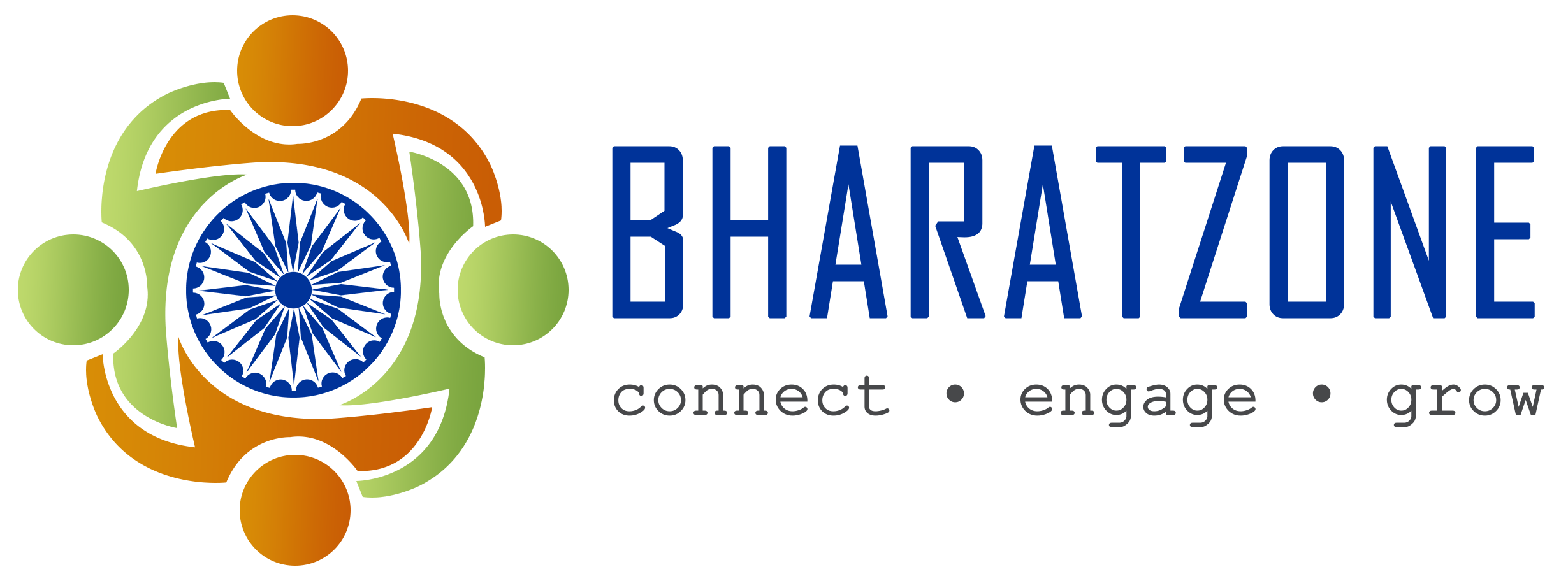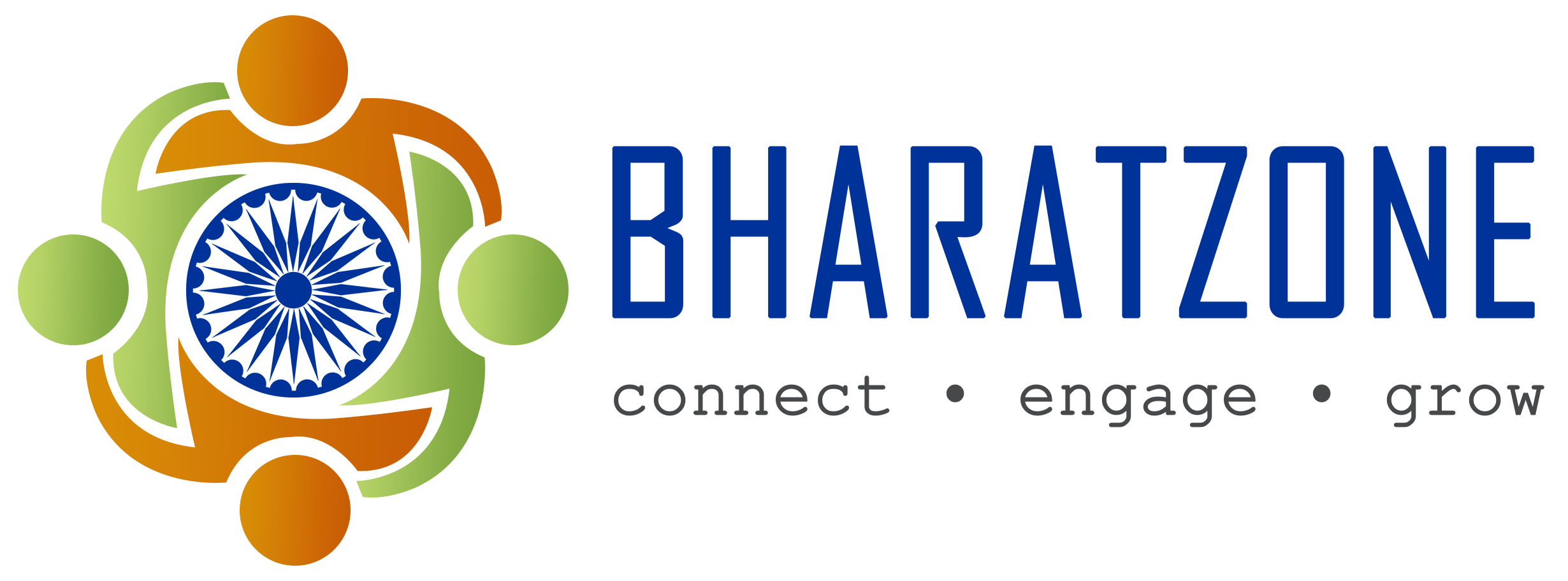High cholesterol. The words alone can send shivers down your spine, conjuring images of greasy food and clogged arteries. But before you swear off all things delicious, let's unpack the truth about cholesterol and your heart health. At Imperial Center Family Medicine, we understand the confusion surrounding this waxy substance and are here to clear the air.
Does dietary cholesterol deserve its villainous reputation? And should you completely eliminate it from your diet if your levels are high? Keep reading as we discuss these questions, explore the complex relationship with your health, and discover practical strategies for managing your cholesterol levels.
Can you remove all cholesterol from your diet?
We understand that managing your cholesterol levels can be a daunting task. That's why we're here to provide guidance and support, starting with answering this crucial question. While making dietary changes is essential for managing high cholesterol, completely eliminating cholesterol from your diet may not be necessary.
Aside from that you can’t completely remove all cholesterol from your diet. Cholesterol is a naturally occurring substance in meat, eggs, and dairy. In reality, you only get about 20% of the cholesterol in your body from food.
Your liver also produces it.
While reducing the amount of cholesterol you consume by eating a plant-based diet is possible, some cholesterol will always be present in your body. However, the amount of cholesterol in your diet doesn’t have as much of an impact on your cholesterol levels as some other factors.
Why is cholesterol naturally-occuring?
As we mentioned, you can significantly reduce the cholesterol you eat, but removing it completely isn’t possible for several reasons. Cholesterol is naturally occurring because it plays several crucial roles in the body, such as:
- Building cell membranes: Cholesterol is a vital component of cell membranes, providing structural integrity and fluidity.
- Producing hormones: It serves as a precursor for synthesizing essential hormones like estrogen, testosterone, and cortisol.
- Digesting fats: Cholesterol is necessary to produce bile acids, which aid in the digestion and absorption of fats.
- Vitamin D synthesis: It’s also involved in the production of vitamin D when the skin is exposed to sunlight.
Therefore, while managing cholesterol levels, especially for individuals with high cholesterol, it's also necessary to recognize its vital functions in the body. At this point, your goals shouldn’t be to completely remove cholesterol, but learn how to control your intake.
Learn to manage your cholesterol with professional help
Remember, managing your cholesterol levels is crucial to maintaining a healthy heart and overall well-being. While dietary cholesterol plays a role, it's just one piece of the puzzle. Factors like saturated and trans fats, genetics, and lifestyle habits also significantly impact cholesterol levels and blood pressure.
At Imperial Center Family Medicine, we're committed to partnering with you on your journey to optimal health. Our experienced healthcare professionals will work closely with you to develop a personalized cholesterol management plan that addresses your unique needs and concerns.
Contact Imperial Center Family Medicine to schedule a consultation and learn more about our comprehensive cholesterol and blood pressure management programs.


